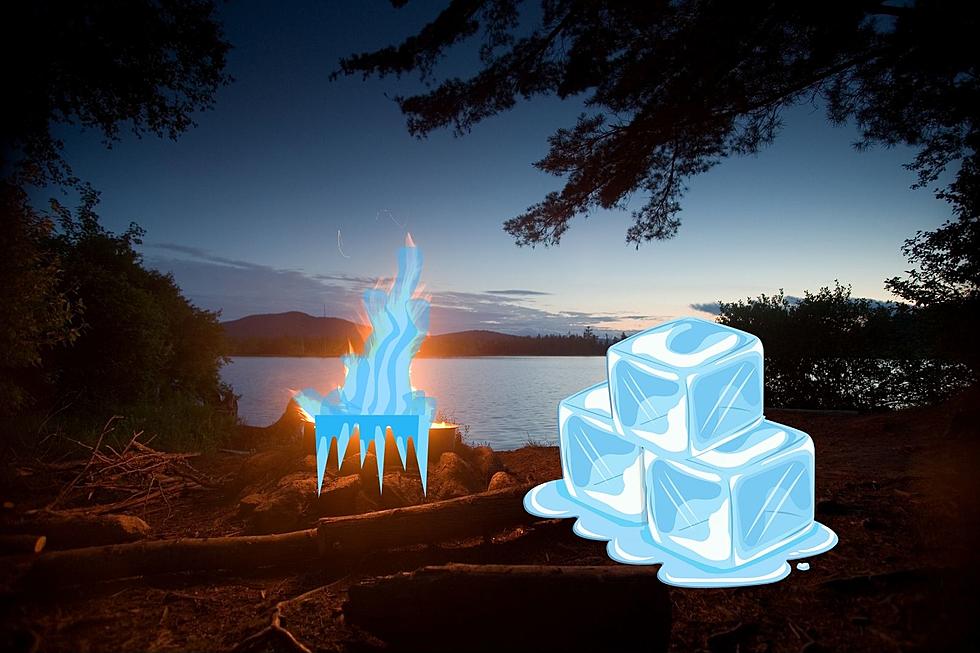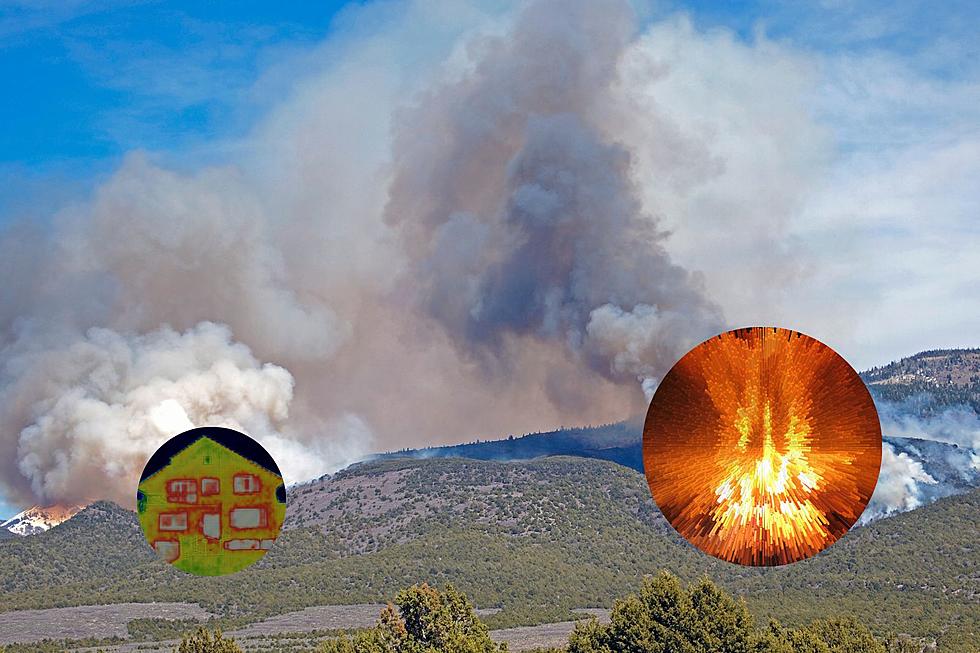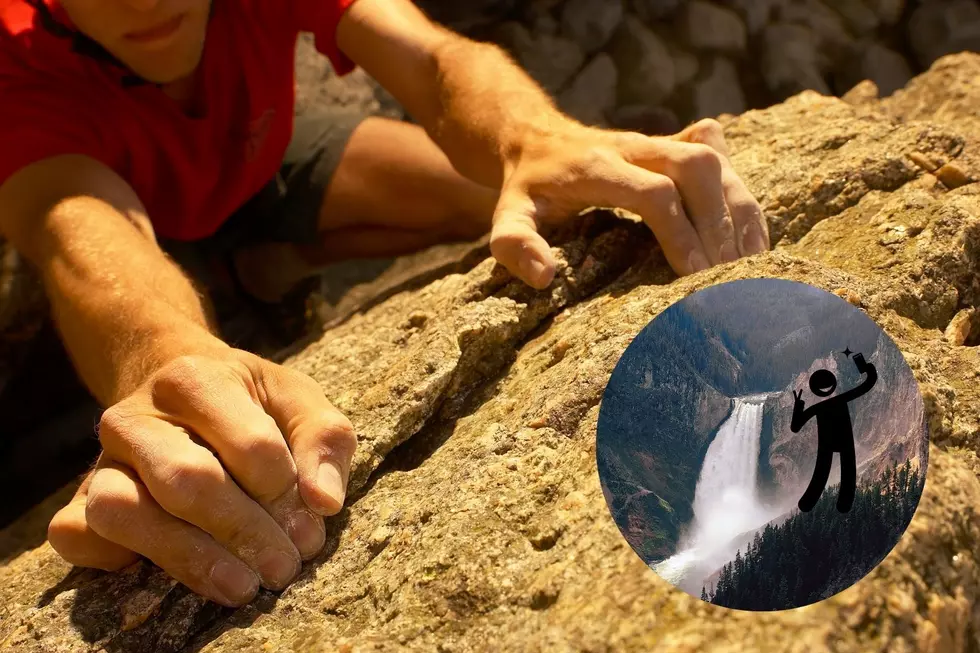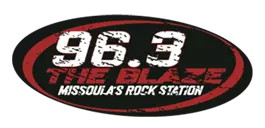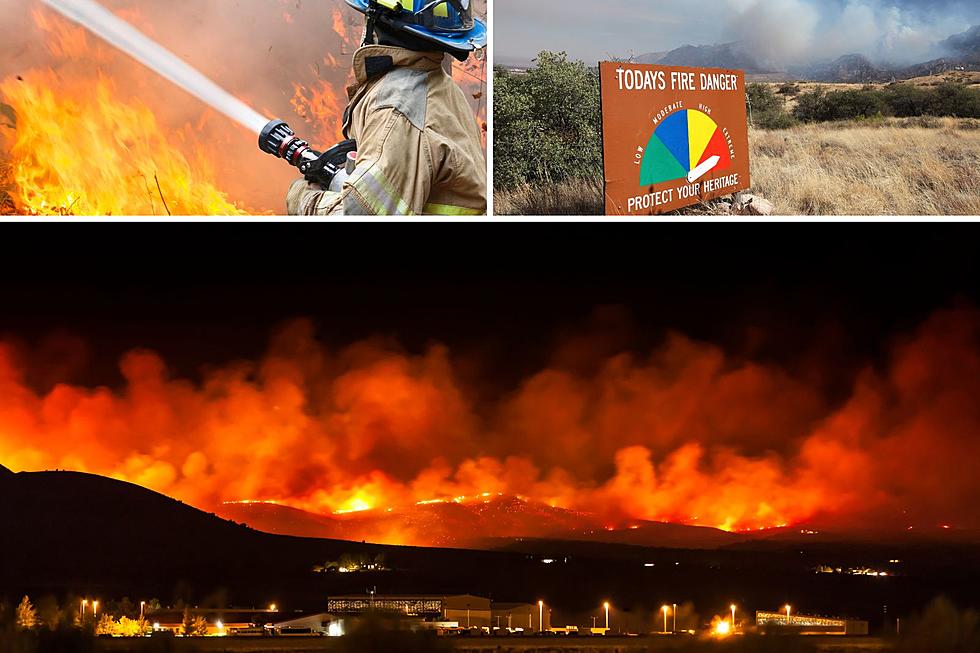
MONTANA FIRE SEASON: Scientists Say We Need MORE Fires in Montana
Yes, you read that right. We NEED MORE FIRES in Montana. How can that be? It seems that each year, fire conditions are getting more and more severe. How would MORE fires help? Well, since what some call the "Smokey The Bear days" began, we have been focusing all of our efforts on suppressing fires. Instead of allowing them to do what they are naturally supposed to do. Obviously, we cannot just let wildfires go unchecked. The cost of home and property losses would be astronomical. But, some of our forests NEED to burn to remain healthy.
According to the Helena Independent Record
Fuels piled up on the ground and young trees filled in the open spaces that used to help slow down flame spread. Fire suppression has succeeded in containing about 97% of annual fires. But the 3% that escape consume 90% of the area burned.
Granted this may mean more smoke in the Spring. But, it is a small sacrifice to safeguard from catastrophic fires in the peak fire season.
The suppression of fires is just putting a band-aid on a bigger wound. The deadfall and beetle-kill trees are just turning our forests into ticking time bombs. Controlled burns are one way to clean up the fuel that is blanketing the forest floor. The cost of fire suppression is going to continue to climb. Scientists believe that if some money is allocated to thinning and burning projects, it could lower the cost of firefighting efforts each year.
LOOK: The most expensive weather and climate disasters in recent decades
TIPS: Here's how you can prepare for power outages
More From 96.3 The Blaze


